
Loading...
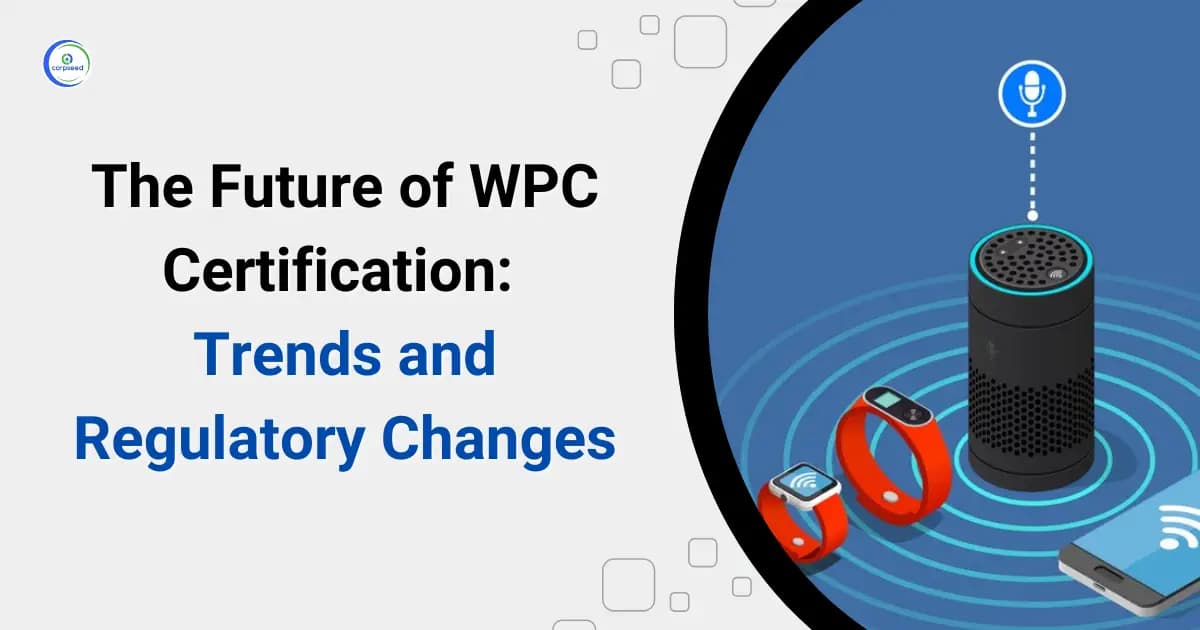
WPC certification boosts consumer trust since it guarantees that the device complies with quality and safety standards, thereby fostering technological advancement in India.
About the Author

Mahek Sancheti, BAJMC graduate with a deep passion for writing. As a content writer, video content creator, creative content creator, and scriptwriter, I bring stories to life through words and visuals. I honed my skills by working with a prominent news agency, where I excelled in crafting compelling narratives and engaging content. Coming from a journalism and mass communication background I have skills to craft engaging narratives that captivate audiences. With a keen interest in writing and creativity, I aim to deliver impactful and meaningful content that resonates with diverse audiences.
Related articles
_compliance_services_in_India_Corpseed.webp&w=1536&q=75)
WPC (Wireless Planning and coordination) compliance services in India
2025-05-17
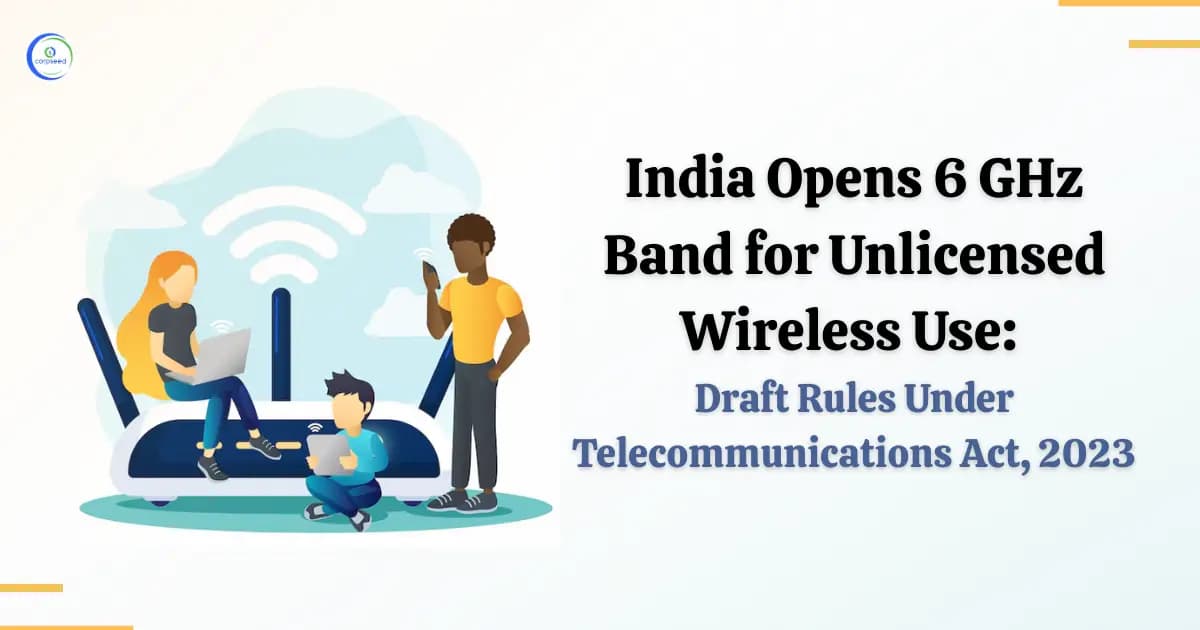
India Opens 6 GHz Band for Unlicensed Wireless Use: Draft Rules Under Telecommunications Act, 2023
2025-05-17
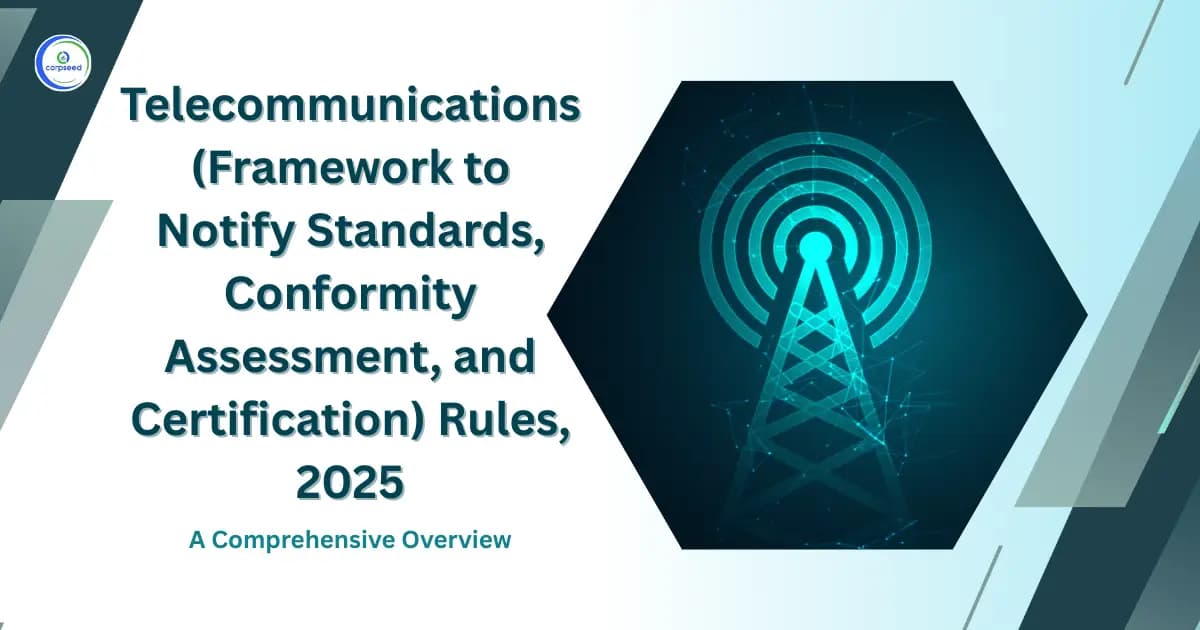
Telecommunications (Framework to Notify Standards, Conformity Assessment, and Certification) Rules, 2025: A Comprehensive Overview
2025-05-17
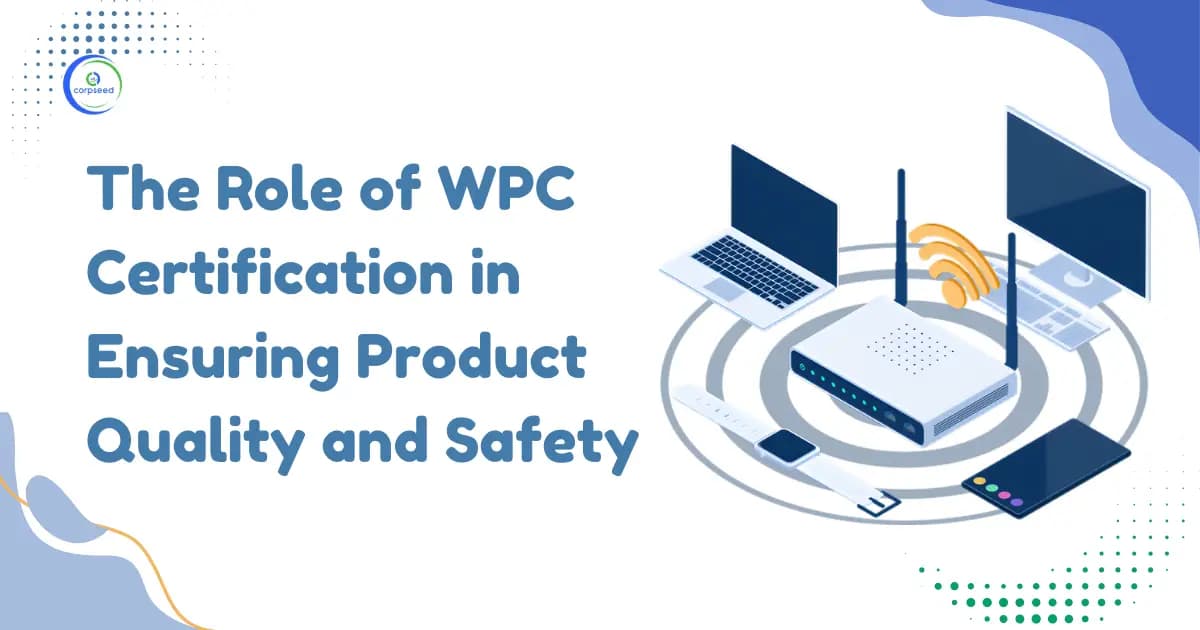
The Role of WPC Certification in Ensuring Product Quality and Safety
2024-11-29
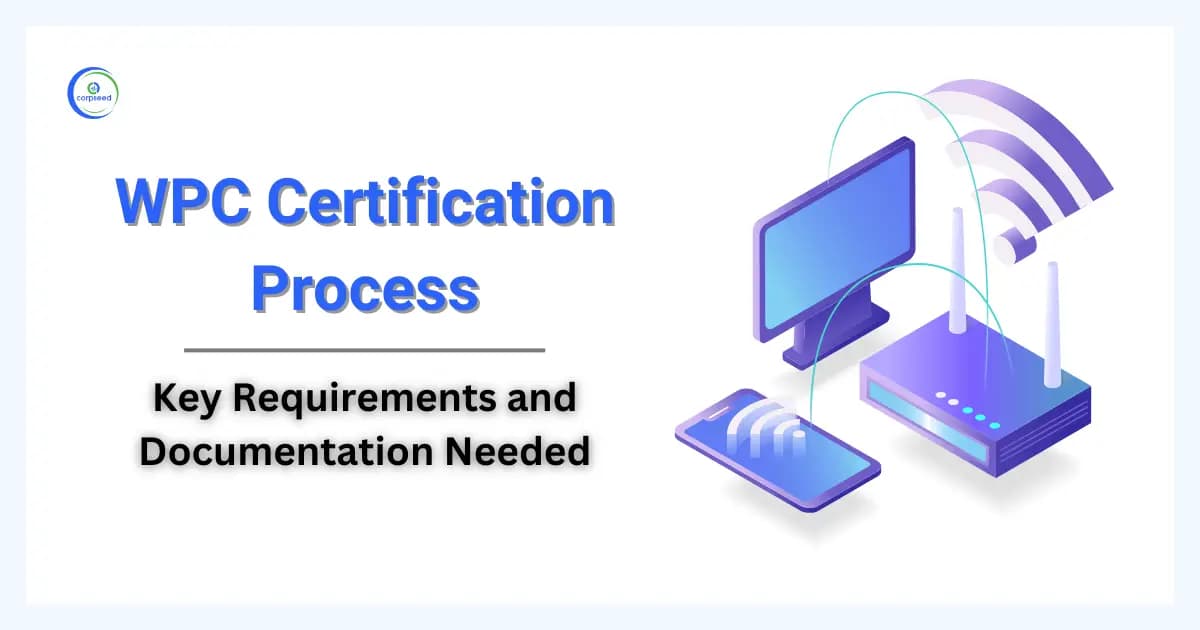
WPC Certification Process: Key Requirements and Documentation Needed
2024-11-06
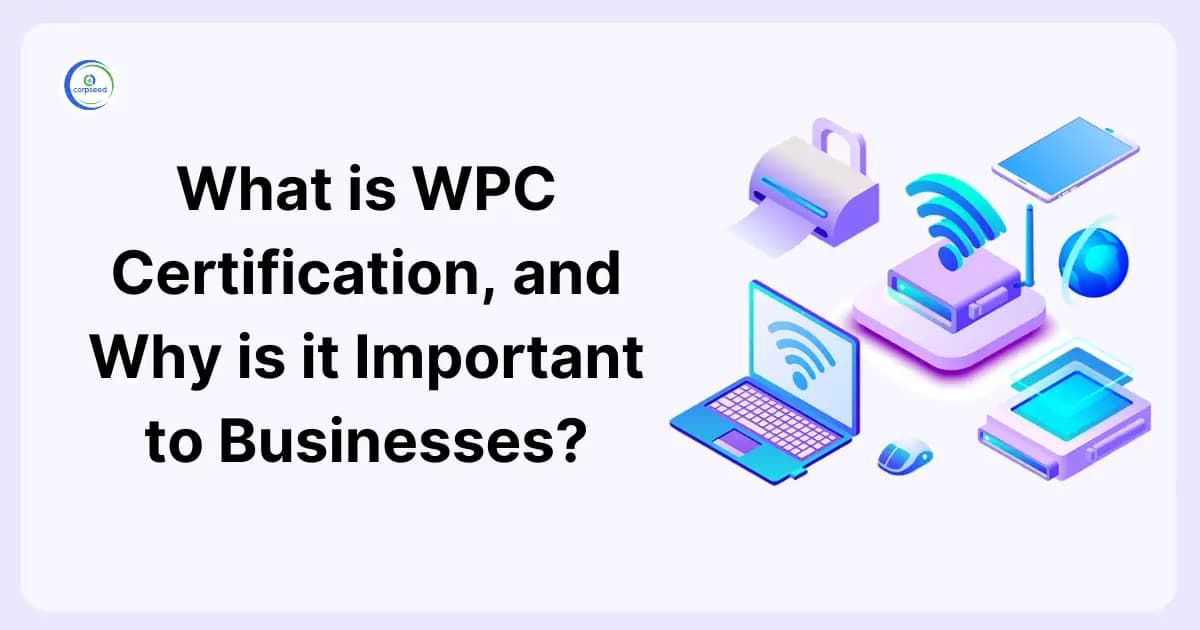
What is WPC Certification, and Why is it Important to Businesses?
2024-10-28